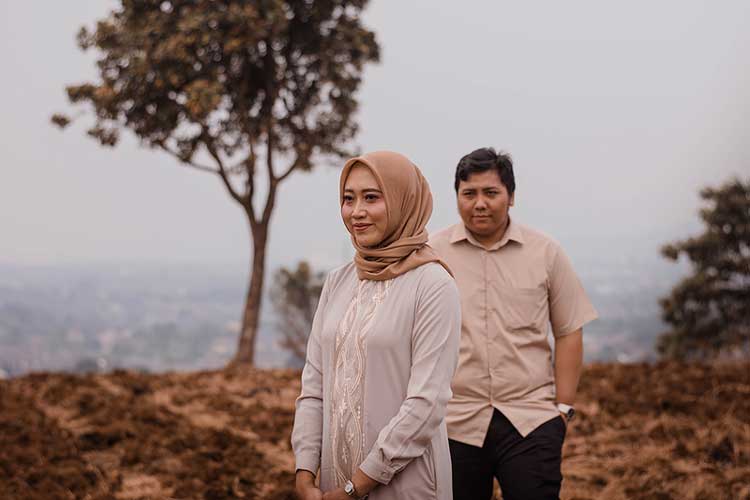When Someone Won’t Apologize For Hurting You
When someone won’t apologize for hurting you In the complex tapestry of human relationships, conflicts are inevitable. What’s equally inevitable is the desire for resolution and healing. However, when someone refuses to apologize for causing us pain, navigating these emotional waters can be particularly challenging. In this essay, we will explore the myriad of emotions and strategies that one can employ when faced with an unapologetic wrongdoer.
When Someone Won’t Apologize For Hurting You
The first emotion that often arises when someone refuses to apologize for causing hurt is a profound sense of betrayal. It’s as if a trust bridge has been burned, leaving us stranded on the other side, bewildered and wounded. This initial sting can be overwhelming, leading to a plethora of negative feelings such as anger, sadness, and confusion. For more information about that When Your Ex Seems Happy On Social Media
- Understanding the Refusal to Apologize
- The Power of Forgiveness
- Setting Boundaries
- Seeking Closure within Oneself
- Empathy for the Unapologetic
- The Healing Power of Time
- Seeking Support
- Learning and Growing
Understanding the Refusal to Apologize
To cope with the pain of an absent apology, it’s essential to understand why some individuals choose not to apologize. When someone won’t apologize for hurting you It may stem from a lack of self-awareness, a fear of vulnerability, or even a belief that they’ve done nothing wrong. Knowing that their refusal may not be a direct attack on us can provide some perspective.
The Power of Forgiveness
Forgiveness is a powerful tool for personal healing. Choosing to forgive, even in the absence of an apology, When someone won’t apologize for hurting you can free us from the emotional burden of hurt. It doesn’t mean condoning the wrong but rather releasing our grip on the negative emotions that keep us tethered to the past.
Setting Boundaries
When an apology is not forthcoming, it’s crucial to establish and enforce boundaries. When someone won’t apologize for hurting you This might involve limiting contact with the person who hurt us or setting clear expectations for future interactions. Boundaries protect our emotional well-being and send a message that our feelings matter.
Seeking Closure within Oneself
Closure doesn’t always come from an external source. Sometimes, it must be found within ourselves. When someone won’t apologize for hurting you Writing a letter to the person who hurt us, even if it’s never sent, can be a therapeutic way to express our feelings and find some semblance of closure.
Empathy for the Unapologetic
It may seem counterintuitive, but empathizing with the person who refuses to apologize can be a path to personal growth. When someone won’t apologize for hurting you Recognizing that they, too, may be struggling with their own issues or insecurities can help us let go of resentment and find a measure of peace.
The Healing Power of Time
Time is a remarkable healer. As the days turn into weeks and months, the sharp edges of our pain often soften. When someone won’t apologize for hurting you While the absence of an apology may never fully fade from memory, its emotional impact can diminish.
Seeking Support
Dealing with unapologetic hurt can be a lonely journey. Don’t hesitate to seek support from friends, family, When someone won’t apologize for hurting you or even a therapist. Sharing our feelings and experiences with others can provide validation and perspective.
Learning and Growing
Every experience, even painful ones, can be an opportunity for personal growth. Reflect on what you’ve learned from the situation, how you’ve grown as an individual, When someone won’t apologize for hurting you and what you can do differently in the future to protect yourself from similar pain.
Conclusion
In a world where apologies are not always forthcoming, it’s essential to find ways to heal and grow on our own terms. Unapologetic hurt can be a formidable challenge, but with the right strategies and a willingness to look inward, we can emerge stronger, wiser, and more resilient. By embracing forgiveness, setting boundaries, seeking closure within ourselves, and seeking support, we can navigate the complexities of unapologetic hurt and emerge from the experience with our emotional well-being intact.
































